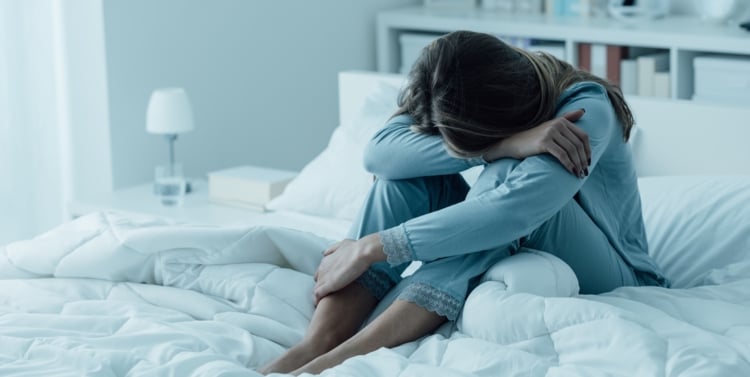Depression and anxiety during periods are both common. These symptoms are often part of premenstrual syndrome (PMS). PMS is a combination of physical, emotional, and behavioral symptoms that occur during the premenstrual phase of the cycle and go away after the period begins. PMS can cause depression before and during periods, along with food cravings, headache, fatigue, and tender breasts, among other symptoms.
However, severe depression during periods (or before) may be caused by premenstrual dysphoric disorder (PMDD). If you are already experiencing depression, it may be that your depression worsens before and during periods.













